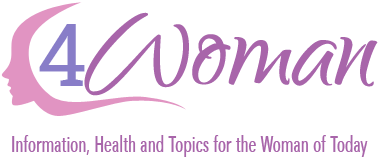Hormone Replacement Therapy
See also...
Q. What is hormone replacement therapy?
A. As women age, their bodies produce significantly decreased levels of estrogen. Hormone replacement therapy (HRT) supplies the estrogen the body no longer makes. It has been used to relieve the symptoms of menopause, such as hot flashes, sweats, disturbed sleep, and an increased rate of bone loss. It is also believed to be useful in preventing heart disease in women. Today, this term is used to describe treatment with either estrogen alone or with estrogen and another hormone called progestin. Progestin is added to prevent the overgrowth (or hyperplasia) of cells in the lining of the uterus.
Hormone therapy goes by various names, depending on the hormones used. Estrogen replacement therapy refers to treatment that uses only estrogen. Combined Progestin/EstrogenReplacement Therapy (sometimes abbreviated "PERT") is the use of both hormones.
Q. What are some side effects of hormone replacement therapy?
A. Some women may have side effects from HRT, such as unusual vaginal bleeding, headaches, nausea, vaginal discharge, fluid retention, swollen breasts, weight gain, and abnormal vaginal bleeding. These side effects are still being studied. Long term use of HRT has been linked to breast cancer in some studies. When estrogen is taken alone, there appears to be a risk of cancer of the uterus. In recent years, doctors have been prescribing combined estrogen/progestin therapy, which appears to dramatically reduce the uterine cancer risk.
Q. Why is menopausal hormone replacement therapy used in spite of the cancer risk?
A. Replacement hormones (estrogen or a combination of estrogen and progestin) have been shown to be effective in relieving conditions usually related to menopause. These conditions include hot flashes, vaginal tissue dryness, and osteoporosis (thinning of the bones). Many scientists think that for most women, the benefits of HRT (for example, a reduction in the risk of osteoporosis and possibly of cardiovascular disease) clearly outweigh the possible cancer risks. If a woman has had cancer, however, her doctor is likely to discourage its use. The NIH’s Women’s Health Initiative, the largest clinical trial in the U.S., is exploring the association between HRT and the development of breast and colon cancer, heart disease and osteoporosis. Check with your physician and discuss the issue and your family history of risk factors carefully to make the best possible decision about HRT for you.

